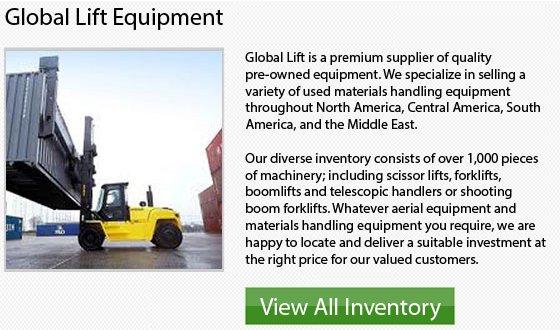
Most reach trucks and forklifts come with a lot of common safety features, like seat belts on sit-down vehicles. Stand-up vehicles would almost always have dead-man petals. Moreover, certain manufacturers are providing extra features like speed controls which can decrease the overall speed based on steering angle and load height. For more information, there are numerous articles available on Lift Truck Safety and Loading Dock Safety.
Service and Support
A big part of forklift selection is to make sure that you maintain access to high levels of service and support. Each and every year, there seems to be a wider array of new players within the forklift business. Even if they provide a good price and a decent forklift design, if they do not offer the regional or local support and service infrastructure, you must be ready for significant aggravation when the forklift breaks. Every lift truck model goes down sooner or later and service, parts and general questions would probably need to be addressed at some point.
You will normally want to have a nearby repair shop or dealer with a full supply of the parts you need for your specific unit. Be sure to visit the repair shop or the dealership and take a look at their parts room so as to try to understand how many parts they store. Make certain to inquire that if they do not have the part you require, where will it come from? With a bit of luck, the answer would be from a local or regional distribution facility.
Furthermore, try to get some ideas as to how many of those particular units are presently being used in your vicinity. This is very vital for specialty trucks including turret trucks. If there are only a small amount of trucks in use in their service area that you should assume they might not be stocking many if any parts for them. What's more, they can have very little overall experience in servicing that particular model too.